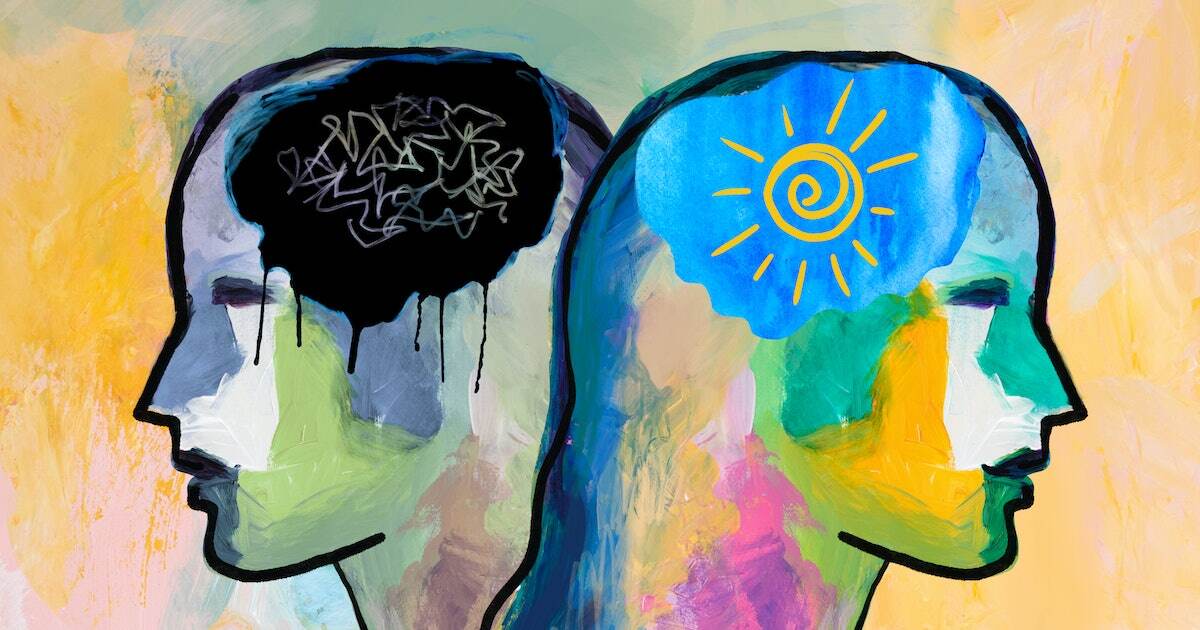New research conducted in the UK suggests that suppressing negative thoughts can have a positive impact on mental health. What do you think? Let’s explore to find out!
New Research Says Suppressing Negative Thoughts Might Help Your Mental Health
Researchers from the Medical Research Council Cognition and Brain Sciences Unit, in collaboration with the University of Cambridge, conducted a study with 120 participants from 16 different countries.
Their goal was to investigate whether training individuals to suppress negative thoughts about worrisome events could lead to improvements in mental health.
The study, published in the journal Science Advances, was prompted by the mental health challenges brought on by the COVID-19 pandemic. Many of the participants in the study had serious depression, anxiety, and pandemic-related post-traumatic stress.
Participants were asked to contemplate 76 scenarios that could potentially occur in their lives over the next two years. These scenarios were divided into categories: 20 “fears and worries,” 20 “hopes and dreams,” and 36 “neutral events.” Each scenario required a cue word and a key detail for use during the study.
The participants were then subjected to a 20-minute training session conducted via Zoom.
Over the course of three days, they were instructed to split their thoughts into 12 “no-imagine” and 12 “imagine” repetitions for these events, using their cue words to suppress any negative thoughts during the “no-imagine” trials and to focus on positive or neutral thoughts during the “imagine” trials.
After three days and again three months later, participants re-evaluated the scenarios using the same criteria as before, and their mental health was assessed through questionnaires.
The results showed that events participants practiced suppressing became less vivid and less emotionally anxiety-inducing. Overall, participants reported improvements in their mental health.
Interestingly, the study revealed that the most significant positive effects were observed among those who practiced suppressing fearful thoughts rather than neutral ones. Participants who continued to use the suppression technique they had learned during training experienced the most profound results.
The researchers even observed improvements in mental health among participants with likely cases of post-traumatic stress disorder (PTSD). The long-term benefits of the technique were particularly encouraging.
Dr. Zulkayda Mamat, one of the researchers, expressed her enthusiasm for the results, noting that participants consistently found the approach helpful. Those who used the technique beyond the study period reported sustained benefits, highlighting the potential of thought suppression as a valuable tool for improving mental well-being.
In conclusion, this groundbreaking research challenges traditional wisdom about suppressing thoughts and offers an accessible method to enhance mental health, especially for individuals struggling with anxiety, depression, or traumatic experiences.








Leave a Reply
You must be logged in to post a comment.